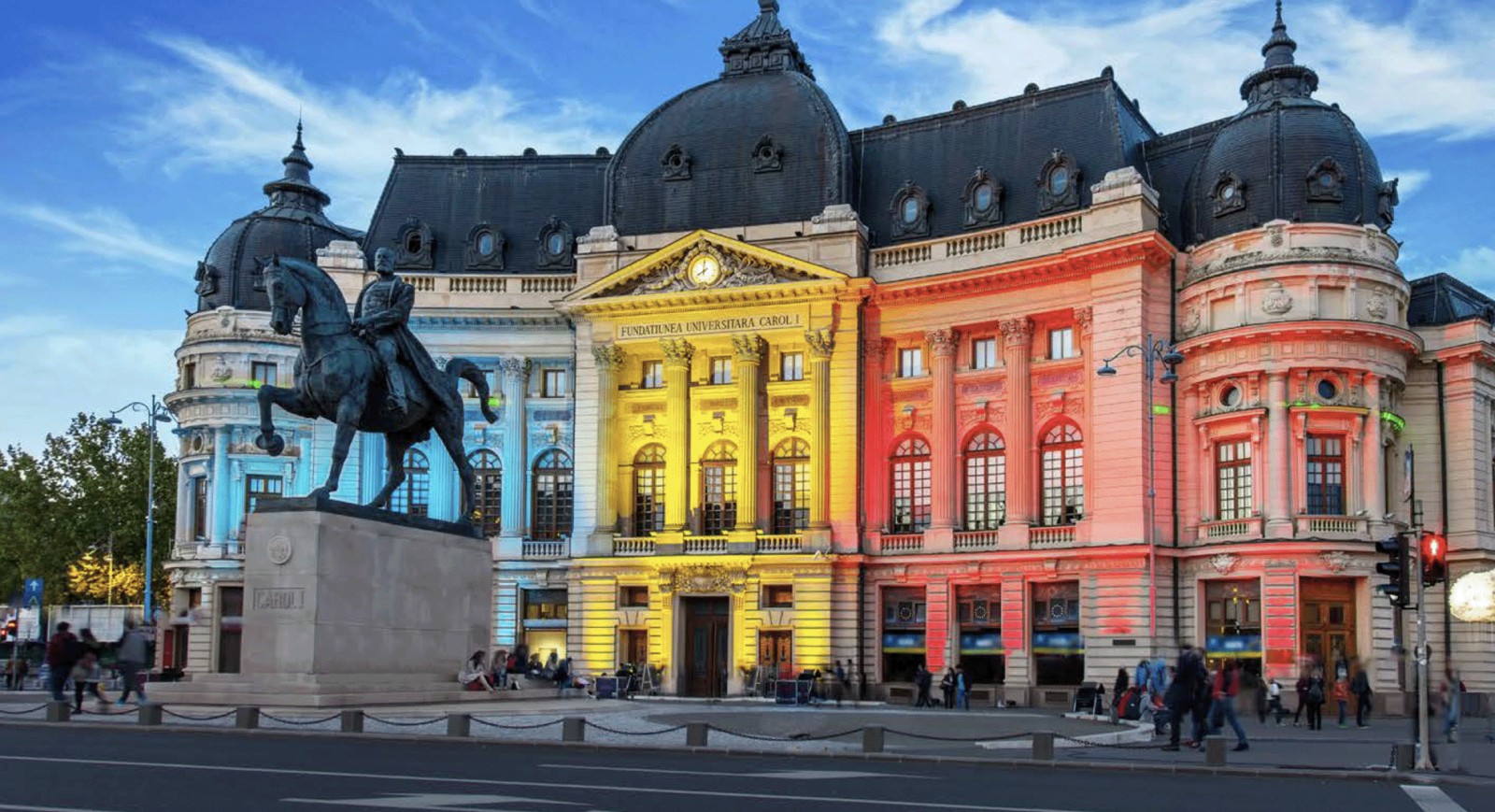Our report highlights many reasons to be optimistic about Romania. Since the fall of Communism in 1989, Romania has built a multi-party democracy, raised living standards from the abysmal levels of the Ceausescu era, and achieved membership of NATO and the EU.
The Legatum Institute’s mission is to create the pathways from poverty to prosperity, and our work is focused on understanding how prosperity is created. To that end, with the generous support of the Templeton World Charitable Foundation, we are creating a Global Index of Economic Openness to rank countries’ ability to interact with, and benefit from, both domestic and international commerce. This is one of multiple in-depth country reports, which analyse performance on the key characteristics of openness to trade, investment, ideas, competition, and talent.
Click here to download the report
Our report highlights many reasons to be optimistic about Romania. Since the fall of Communism in 1989, Romania has built a multi-party democracy, raised living standards from the abysmal levels of the Ceausescu era, and achieved membership of NATO and the EU. These events in Romania’s modern history mark the significant progress made towards greater Economic Openness and are solid foundations for stronger and inclusive growth. Romania enjoys the advantages of a strategic geographical position as a key trade gateway between Western Europe and Asia, access to the single market with no trade tariffs within Europe, and ample natural resources including offshore gas and fertile agricultural land.
A pipeline of multi-country infrastructure projects could significantly boost its transport infrastructure and, in turn, the scale of domestic and international trade. With the right policies in place, Romania’s future path to prosperity has the requisite building blocks and looks bright.
Romania however faces a huge challenge of endemic and long-standing corruption, and it has made little progress in eliminating it since joining the EU. Corruption is holding back Romania and obscuring the path to prosperity, eroding confidence in its future among its public-spirited citizens, among potential international investors, and the EU. Several million people have moved abroad since 2007, equivalent to more than a fifth of the workforce including many of the brightest young Romanians, and, like those left in the country, they desperately want Romania to be well governed, free of corruption, and prosperous.
Executive Summary
This report is part of a series of case studies examining the links between a nation’s Economic Openness and prosperity, informed by the insights generated by our Global Index of Economic Openness. We have chosen Romania as the focus for this report, as it is both an example of an economy in transition, but also one very much under the spotlight, as the country holds the rotating Presidency of the EU in the first half of 2019.
We assess the extent to which they have four fundamental characteristics of open economies:
- Market Access and Infrastructure, such that products and services can be easily produced and delivered to customers;
- Investment Environment, such that domestic and foreign sources of finance are widely available;
- Enterprise Conditions that ensure markets are contestable and free from burdensome regulation;
- Governance that is underpinned by the rule of law, as well as government integrity and effectiveness.
Our analysis indicates a clear link between the extent to which a country’s economy exhibits these characteristics and its productive capacity (see the Global Index of Economic Openness). This link is supported by a long history of academic literature, and can also be seen in the economic histories of those countries that have achieved a high level of economic wellbeing.
This report explores this link in more detail for Romania, whose overall rank in the Global Index of Economic Openness is 47th. Following the end of Communism in 1989, Romania faced a difficult transition to democracy. However, driven by preparation for its accession to the EU in 2007, Romania has made significant progress towards greater economic and social wellbeing. Romania’s prospects for prosperity are promising, given strengths such as its plentiful oil and gas reserves, ultra-fast internet broadband and enviable geographical position that allows it to be a key gateway for goods traffic between Western Europe and Asia.
However, Governance, including corruption, remains Romania’s biggest challenge for future prosperity. It affects all of the areas highlighted in our Index because effective and efficient governance is at the heart of an open and strong economy. Real progress will require a cultural transformation – away from corruption and towards a greater adherence to the rule of law.
Addressing it head on would lead to significant economic and social gains and help secure Romania’s pathway to prosperity.



